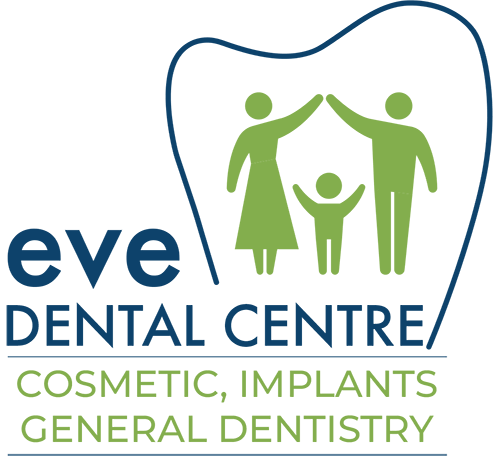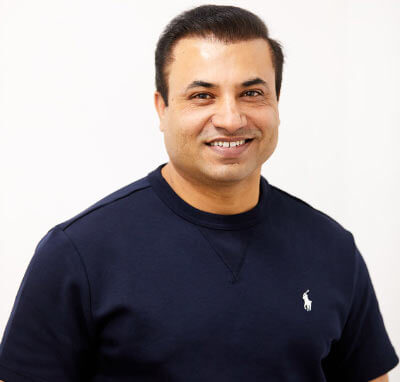Thumbsucking and Pacifier Use: What Every Parent Should Know
Thumbsucking and pacifier use are common habits among infants and toddlers, providing comfort and security. While these behaviors are natural, prolonged use can impact dental development and oral health. Understanding the benefits, potential effects, and best ways to break the habit can help parents make informed decisions for their child’s well-being. In this blog, we’ll explore everything you need to know about thumbsucking and pacifier use, including tips for a smooth transition away from these habits.
At Eve Dental Centre, our experienced children’s dentist in Cranbourne provides gentle and professional care to ensure your child’s teeth develop healthily. We offer expert guidance on oral habits, preventive care, and treatments tailored to your child’s needs.
Thumbsucking vs. Pacifiers
There are many discussions about whether thumbsucking or pacifiers are better for babies, but every child is different. While pacifiers work well for many, some children may find thumbsucking more comforting.
One key advantage of pacifiers is their association with a reduced risk of Sudden Infant Death Syndrome (SIDS). Choosing a pacifier could provide peace of mind for parents, knowing it may contribute to their baby’s safety. Additionally, pacifiers are easier to wean off compared to thumbsucking, making the transition smoother when the time comes.
However, pacifiers aren’t always the best choice for every baby. Prolonged use can sometimes lead to ear infections due to fluid buildup in the middle ear. If your child frequently experiences ear infections, it may be best to stop pacifier use. Another downside is that some babies cry when the pacifier falls out during sleep, leading to disrupted nights for parents.
At Eve Dental Centre, our emergency dentist in Cranbourne is here to assist with any urgent dental concerns related to pacifier use or thumbsucking. We provide expert advice and care to ensure your child’s oral health stays on track.
Before You Give Your Babies Pacifiers
- Hygiene: Make sure that the pacifier is clean. You don’t want any germs making their way into your child’s system.
- Safety Check: Don’t attach the pacifier with a string long enough to be wrapped around your child’s neck. You never know when an accident might happen.
At What Age Do Kids Usually Stop Sucking?
Most kids usually stop sucking once they start exploring the surroundings and blabbing, around the age of 2 to 4. Some kids take longer and stop once they start going to school and interacting with friends.
What Happens If They Don’t Stop?
If your kids don’t stop sucking on their pacifier or thumb by the age of 5, it could cause serious damage to the development of their mouths. Aggressive sucking is known to create issues with the alignment of their teeth. In severe cases, it could also cause changes in the roof of the child’s mouth.
How to Make Your Child Stop Sucking?
Well, for starters, don’t scold your child every time they suck on their thumb. As sucking is a reflex action to soothe them during difficult situations, scolding could make them anxious which could prolong the sucking behavior. Instead, you could try to understand what makes them feel uncomfortable and comfort them. Adding on, you could give your child words of encouragement every time your child doesn’t suck on their thumb.
If these methods don’t work, you could also try bandaging their finger or putting a clean sock on their fingers before they go to bed.
What Do You Do When Nothing Works?
Children can be stubborn, and habits are difficult to break. But that doesn’t mean impossible. The best option after you exhausted all your resources would be to take your child to a pediatric dentist. Your dentist could help your kid understand the consequences in detail, which might help convince them to leave their finger sucking habit. Your dentist could also prescribe a mouth appliance or medication to apply on your child’s finger to control the behavior.
Please note, it is always the best to call your pediatrician for dental implants & services or any other health care if you notice any abnormalities or have any questions.



